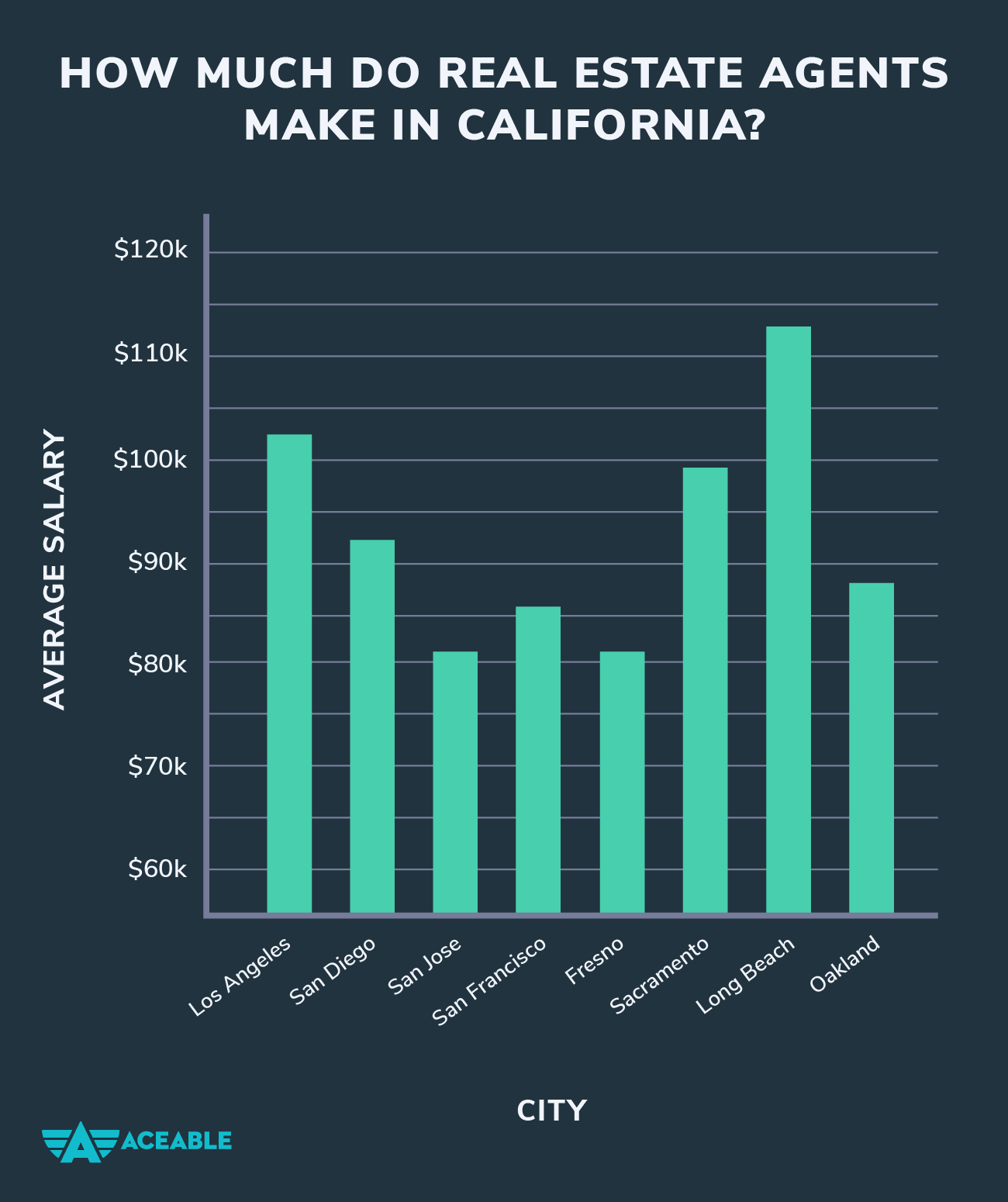
The cost is a concern for many people interested in obtaining a real estate licence. Costs can easily exceed $1,000 between the course fees, exam costs and application costs.
Some companies pay for the licenses, so that you don't even have to think about it. These companies are great for people who want to get started in real estate and make some money.
You must first obtain a license to sell real estate in your state. Depending on the state you live in, this process may vary. However, it will usually involve taking classes at either a community or public university. These classes will cover local and national regulations and laws. You will learn about lease agreements, property valuations and tenant management.
After obtaining your license, you may begin working as an agency. You can choose to work part-time or full-time as an agent for residential, commercial or rental properties. You can use the license to help clients buy and sell homes, negotiate real estate transactions and assist them with homebuying and renting.

The Best Real Estate Agency to Pay for Your License
It is essential to work with a broker who you trust if you want to become a licensed agent. It is important to find a broker who has a solid reputation and a culture that suits your needs. You should also work with a brokerage who can help you to grow your business.
Also, you can look for a brokerage that will cover your continuing education. This will keep you up to date with the most recent rules and regulations.
Some real estate agencies will even take care of the pre-licensing education so that you can focus on getting your license. It can be useful if you're just starting out in your career or need some time to attend classes.
Pre-Licensing Curriculums can vary from state to state. But they typically cover topics like finance, math and law. You can either complete these courses at an accredited school, or online. You can often get a refund from these schools so that you are able to try out the program first before committing.
The real estate exam is required after you complete your pre-licensing courses. It will have 75 multiple choice questions. This exam will test your understanding of licensing laws and regulations in the state. The average passing score is 70%. However, you cannot predict how much you will score.

If you're familiar with the laws and rules of real estate in your state, then you should pass the licensing test on your initial attempt. You can study for the licensing exam by using websites like RealEstateExpress.com and PrepAgent.com.
As the licensing process is long, it's important to have enough money saved up to afford both the pre-licensing course and the real estate exam. It is also a good idea to set aside some money to cover your living expenses while you are getting your license so that you can live on a budget while you study.
FAQ
What is a "reverse mortgage"?
Reverse mortgages are a way to borrow funds from your home, without having any equity. It allows you to borrow money from your home while still living in it. There are two types of reverse mortgages: the government-insured FHA and the conventional. You must repay the amount borrowed and pay an origination fee for a conventional reverse loan. If you choose FHA insurance, the repayment is covered by the federal government.
What should I look for when choosing a mortgage broker
Mortgage brokers help people who may not be eligible for traditional mortgages. They search through lenders to find the right deal for their clients. Some brokers charge fees for this service. Others provide free services.
Should I use an mortgage broker?
If you are looking for a competitive rate, consider using a mortgage broker. A broker works with multiple lenders to negotiate your behalf. However, some brokers take a commission from the lenders. Before you sign up for a broker, make sure to check all fees.
Statistics
- This means that all of your housing-related expenses each month do not exceed 43% of your monthly income. (fortunebuilders.com)
- The FHA sets its desirable debt-to-income ratio at 43%. (fortunebuilders.com)
- Based on your credit scores and other financial details, your lender offers you a 3.5% interest rate on loan. (investopedia.com)
- When it came to buying a home in 2015, experts predicted that mortgage rates would surpass five percent, yet interest rates remained below four percent. (fortunebuilders.com)
- Some experts hypothesize that rates will hit five percent by the second half of 2018, but there has been no official confirmation one way or the other. (fortunebuilders.com)
External Links
How To
How to buy a mobile house
Mobile homes are homes built on wheels that can be towed behind vehicles. Mobile homes have been around since World War II when soldiers who lost their homes in wartime used them. People who live far from the city can also use mobile homes. These houses are available in many sizes. Some houses have small footprints, while others can house multiple families. Even some are small enough to be used for pets!
There are two main types for mobile homes. The first type is produced in factories and assembled by workers piece by piece. This process takes place before delivery to the customer. You could also make your own mobile home. First, you'll need to determine the size you would like and whether it should have electricity, plumbing or a stove. Next, ensure you have all necessary materials to build the house. Finally, you'll need to get permits to build your new home.
If you plan to purchase a mobile home, there are three things you should keep in mind. You may prefer a larger floor space as you won't always have access garage. If you are looking to move into your home quickly, you may want to choose a model that has a greater living area. You'll also want to inspect the trailer. It could lead to problems in the future if any of the frames is damaged.
Before you decide to buy a mobile-home, it is important that you know what your budget is. It is important that you compare the prices between different manufacturers and models. You should also consider the condition of the trailers. While many dealers offer financing options for their customers, the interest rates charged by lenders can vary widely depending on which lender they are.
An alternative to buying a mobile residence is renting one. Renting allows the freedom to test drive one model before you commit. Renting isn’t cheap. Most renters pay around $300 per month.